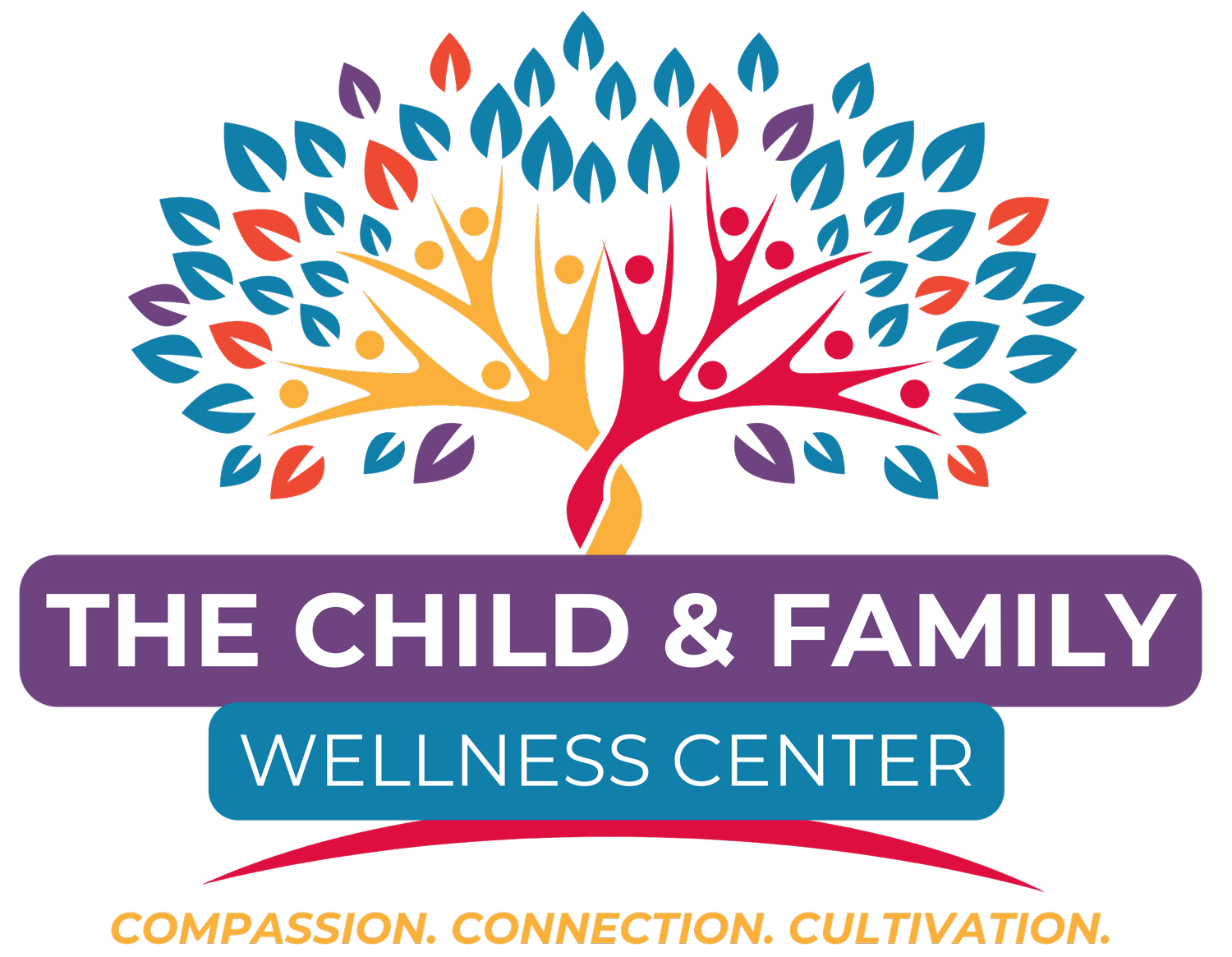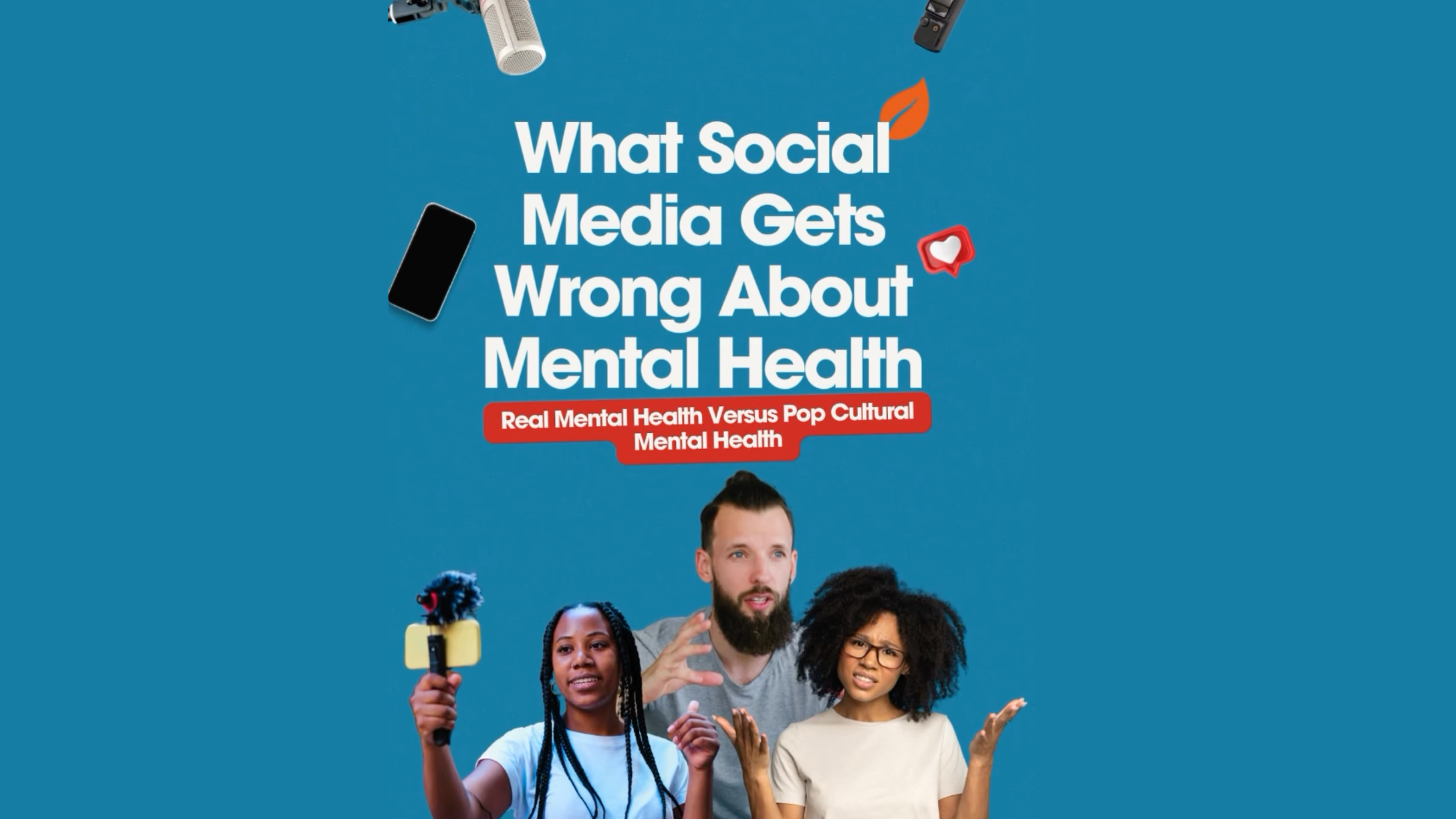Psychology Terms You May Be Using Wrong
1. “Dopamines”
Pop Psychology Says:
“Dopamine makes you addicted.”
Actual Psychology:
Dopamine is a neurotransmitter that supports learning, motivation, and daily functioning. It doesn’t automatically make you addicted, and it’s not something you need to “detox” from. In fact, we need dopamine to thrive.
2. “Boundaries”
Pop Psychology Says:
“Set boundaries by cutting people off.”
Actual Psychology:
Boundaries aren’t punishments—they’re tools for healthy relationships. Setting boundaries is about clear, respectful communication. It’s not about control or shutting people out—it’s about preserving your well-being while staying connected.
3. “OCD”
Pop Psychology Says:
“I’m so OCD about my space.”
Actual Psychology:
Obsessive-Compulsive Disorder is a serious mental health condition marked by intrusive, distressing thoughts and repetitive behaviors. It’s not just a preference for cleanliness or order. Using the term casually dismisses the real struggle people with OCD face every day.
4. “Narcissist”
Pop Psychology Says:
“That person’s rude—they must be a narcissist.”
Actual Psychology:
Narcissistic Personality Disorder (NPD) is a clinical diagnosis—not a label for anyone who acts selfishly. Tossing around the term “narcissist” without understanding the criteria stigmatizes and oversimplifies a complex disorder.
Social media is not therapy.
While it can raise awareness, it can also distort reality. As mental health professionals, we encourage you to stay curious and cautious about the information you take in online.
Let’s respect the depth of psychological terms and use them responsibly.
Want to keep learning? Sign up for our newsletter or book a session with a licensed therapist at The Child and Family Wellness Center.

